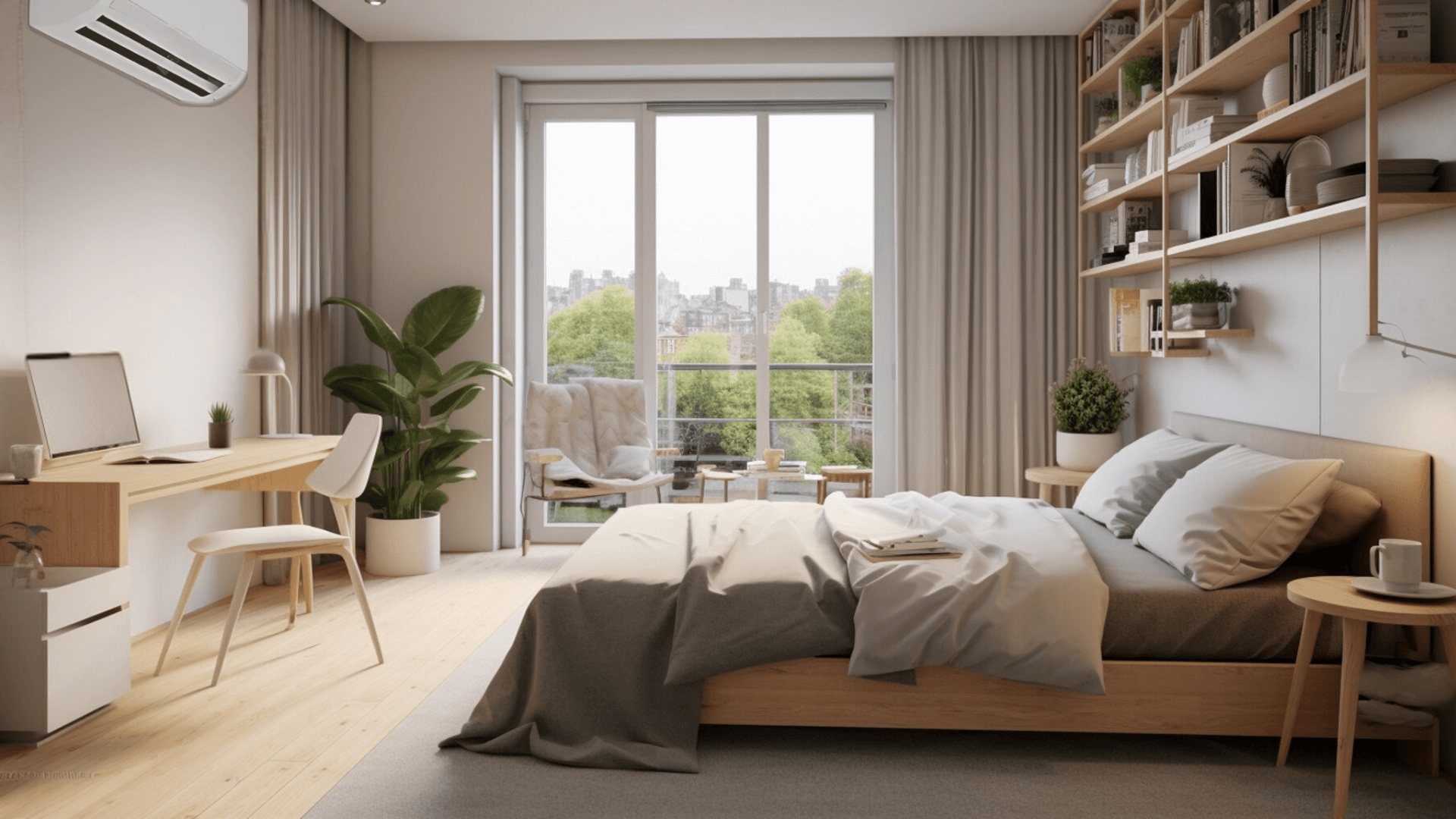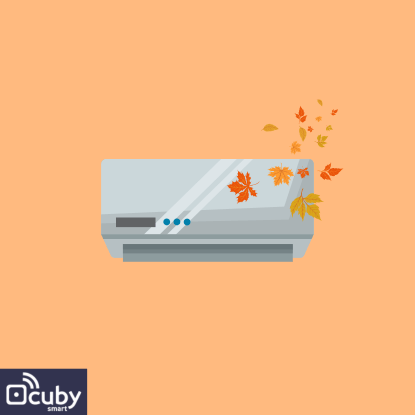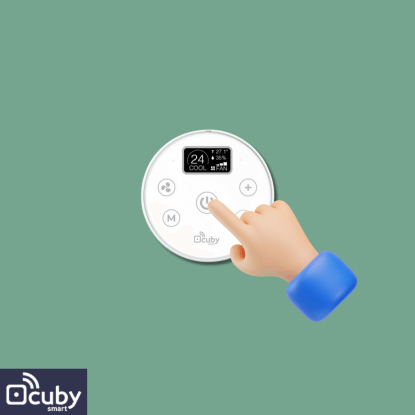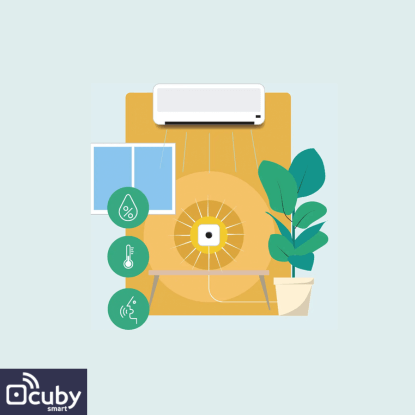When intense heat arrives, one of the biggest challenges is keeping your home comfortable without excessive energy consumption. Have you ever wondered how long your air conditioner should take to cool a room? More importantly, how can you improve this process to make it faster and more efficient?
In this article, we'll help you understand the factors that influence cooling time and how you can optimize your unit to be faster, more efficient, and save on your electricity bill.

How long does an air conditioner take to cool a house?
The average time it takes for an air conditioner to cool a house can vary depending on several factors. On a hot day, it usually takes between 20 and 30 minutes for the unit to reach the desired temperature in an average-sized room.
However, this time may be extended if the unit is not optimized or if other factors are affecting its performance.
Factors Influencing Cooling Time
-
Air Conditioner Capacity: If the unit is too small for the space it needs to cool, it will take longer to do so and consume more energy in the process. Ensuring your unit is the right size is essential for efficient operation.
-
Space Insulation: Poorly insulated windows and walls allow cool air to escape, forcing the air conditioner to work harder to maintain the temperature.
-
Outdoor Temperature: The higher the temperature outside, the more effort the air conditioner will need to cool the inside of your home.
-
Equipment Maintenance: A system that does not receive regular maintenance will be less efficient. Dirty filters, refrigerant leaks, and other technical issues can cause the unit to take much longer to cool a room.
Enhance your air conditioner’s performance with technology
Today, technology plays a crucial role in optimizing the performance of air conditioning systems. It's not just about turning the unit on and off, but about making it work smarter and more efficiently.
1. Use smart sensors for efficient cooling
Presence sensors allow the air conditioner to operate only when they detect people in the room, preventing the unit from running when it’s not needed. This not only improves cooling time but also reduces energy consumption by eliminating unnecessary use.
2. Temperature automation
Setting your air conditioner to automatically adjust to outdoor conditions is one of the most effective ways to optimize its use. Automated programming ensures that the system cools only when you really need it, maintaining the ideal temperature without having to worry about manually turning it on or off.
3. Remote control and real-time monitoring
There are technologies that allow you to control and monitor your air conditioner’s performance through your smartphone. This means you can adjust the temperature, turn the unit on or off from anywhere, optimizing its use according to your needs and reducing the time it takes to cool the space when you arrive home.

Save energy and enhance comfort
Energy efficiency doesn’t just depend on how long it takes your air conditioner to cool, but on how you use it. By optimizing its operation with advanced technology, you can significantly reduce energy consumption without sacrificing comfort.
Moreover, an efficiently running air conditioner will not only cool faster but also last longer, as it avoids the wear and tear caused by unnecessary or inefficient use.
If you’re looking for a solution to make your air conditioner run more efficiently and reduce your energy consumption, consider options that allow you to control and monitor your unit’s usage.







